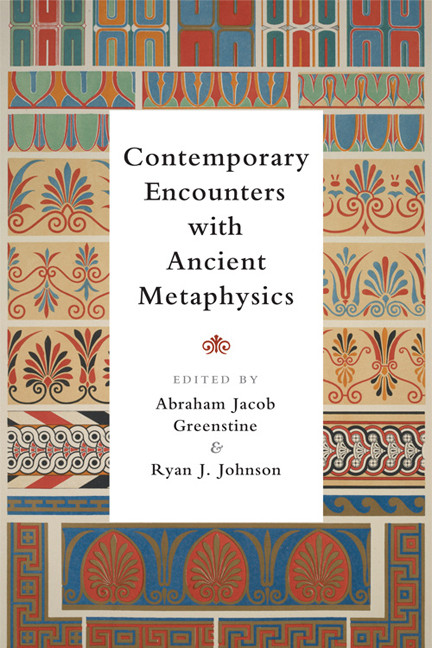13 - Lucretius and Naturalism [1961]
Summary
Following Epicurus, Lucretius discovered how to determine the speculative and practical object of philosophy as “naturalism.” Lucretius’ importance in philosophy is linked to this double determination.
The products of nature are not separable from a diversity which is essential to them. But thinking the diverse as diverse is a difficult task upon which, according to Lucretius, all preceding philosophers have shipwrecked. In our world, natural diversity appears in three intersecting aspects: the diversity of species, the diversity of individuals that are members of the same species, and the diversity of parts which compose an individual. Specificity, individuality, and heterogeneity. There is no world which does not manifest itself in the variety of its parts, of its locations, of its coastlines, and of its species that populate it. There is no individual which is absolutely identical to another individual; there is no calf which might be recognized as its mother; no two seashells or grains of wheat which are indiscernible. There is no body composed of homogenous parts; there is no grass or waterway that does not implicate a material diversity or a heterogeneity of elements out of which each species draws the nourishment that is suitable to it. We infer the diversity of worlds themselves from these three points of view: worlds are innumerable, often of different of species, sometimes similar, and always composed of heterogeneous elements.
By what right does one make this inference? Nature must be thought as the principle of the diverse and its production. But the principle of the diverse has sense only if it does not join its own elements together into a whole. This exigence should not imply a circle, as if Epicurus and Lucretius simply meant that the principle of the diverse must itself be diverse. The Epicurean thesis is totally other: Nature as the production of the diverse can only be an infinite sum, that is a sum that does not totalize its own elements. There is no combination capable of embracing all the elements of Nature at once, no single world or total universe. Phusis is not a determination of the One, of Being, or of the Whole. Nature is not collective, but distributive; the laws of nature (foedera naturae, as opposed to the supposed foedera fati) distribute non-totalizable parts. Nature is not attributive but conjunctive: it is expressed by the “and” and not by the “is.”
- Type
- Chapter
- Information
- Contemporary Encounters with Ancient Metaphysics , pp. 245 - 253Publisher: Edinburgh University PressPrint publication year: 2017

